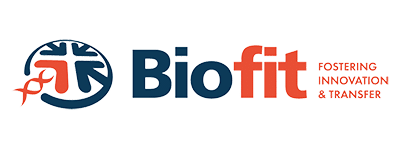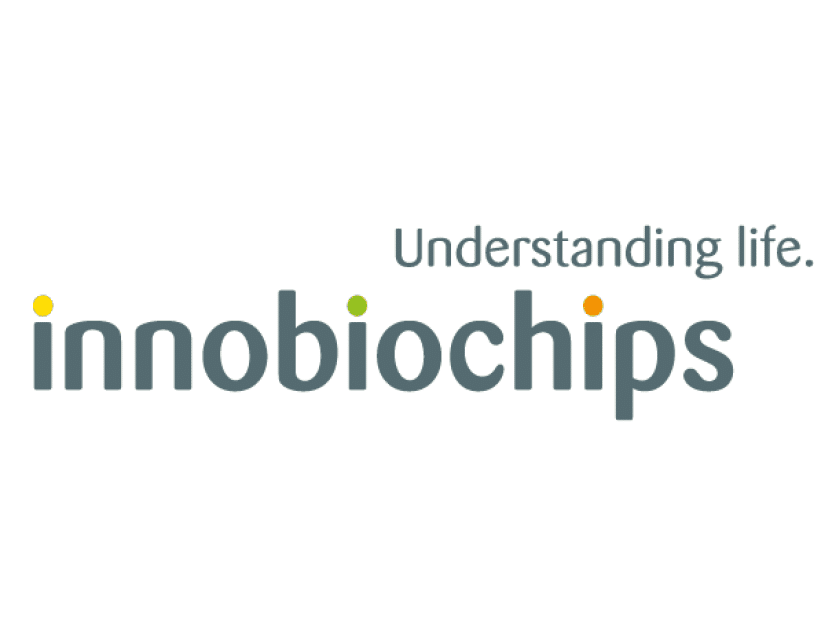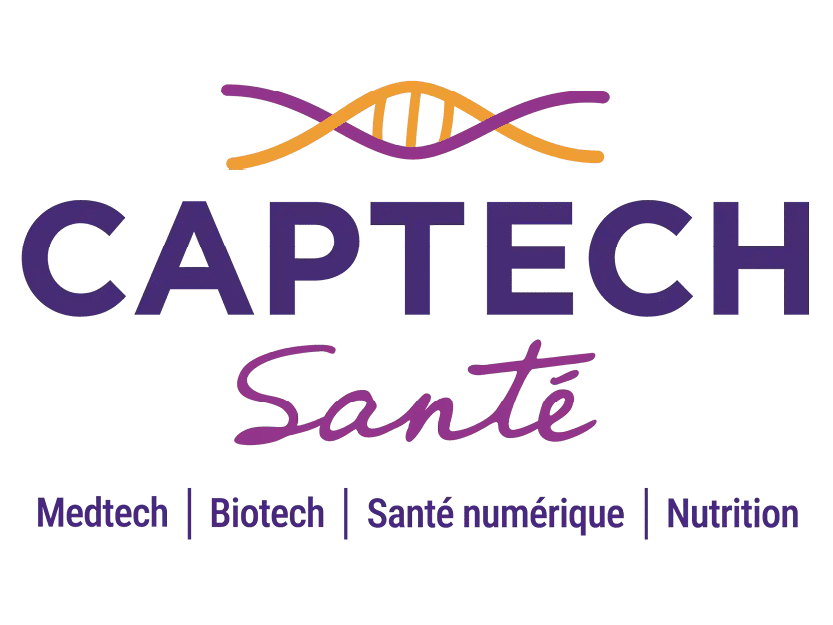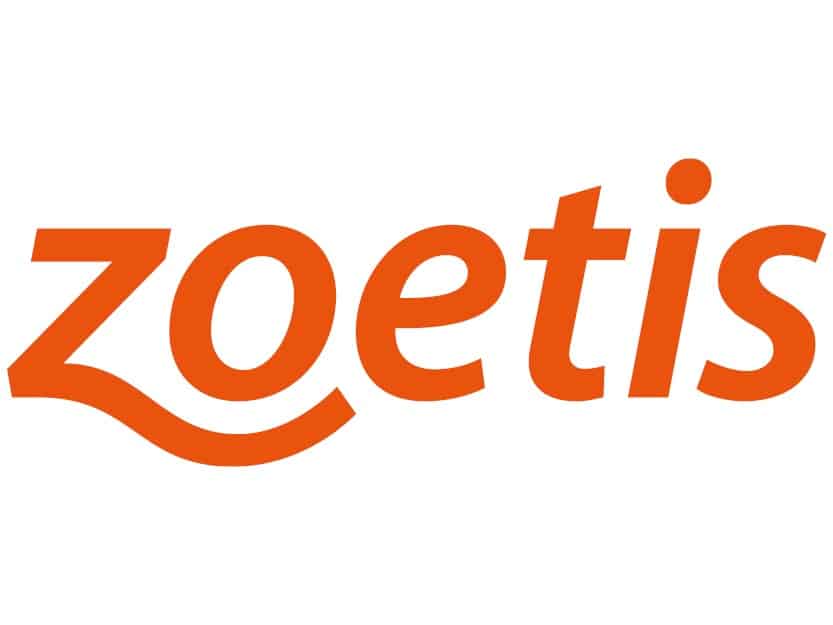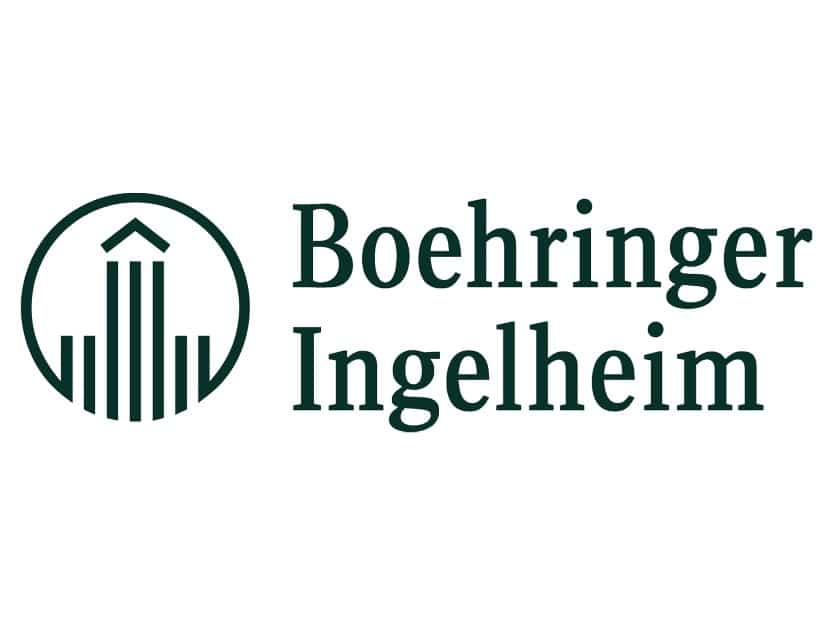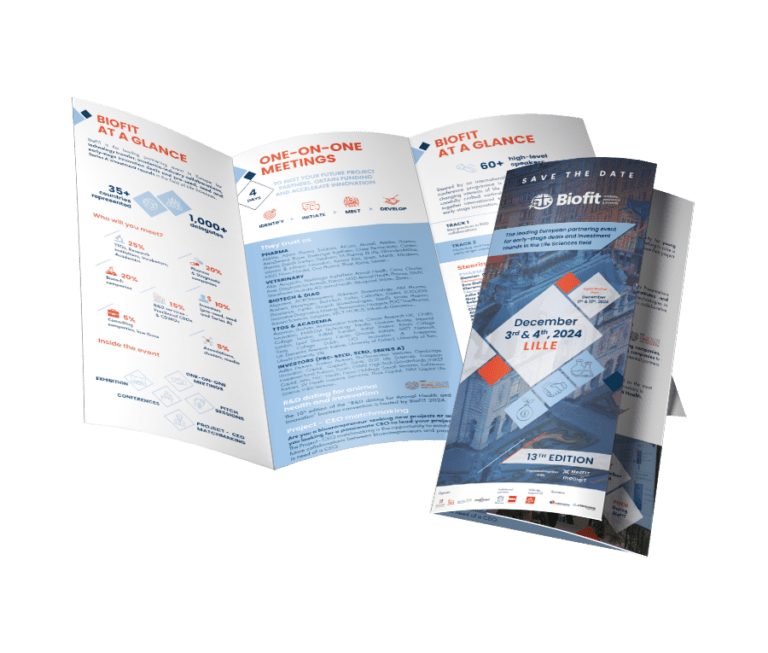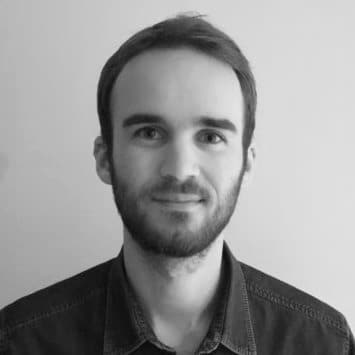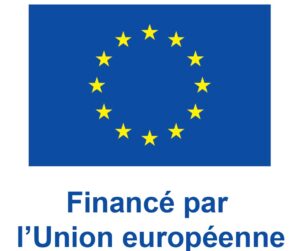Plenary session speaker Alexander Von Gabain shared inspiring thoughts on his professional path and on the future of Life Sciences
Vice-Chancellor for Innovation and Corporate Alliances at Karolinska Institute, Alexander Von Gabain is responsible for identifying, fostering and coordinating opportunities in research, health care, education, business outreach, investment and entrepreneurship leading towards an increased innovation output from the Karolinska Institute.
- You are Vice-Chancellor for Innovation and Corporate Alliances at Karolinska Institute, a world-famous medical research institute and you have an interesting professional career, going from research to biotech industry and back to academia. What led you through this path?
I am a very curious person and I like to learn, even from people who are outside of my specialized field. I was eager to learn from others, to see new horizons, outside of the scientific world, e.g the entrepreneurial world striving into always new enterprises. And now I return to the university world, because all that knowledge that I’ve been gathering, I may return to my academic colleagues with whom I can share my learnings . There is always more than one path in life: in the first one I got more and more specialized in one field, and I did this, when I was a scientist for decades, but when I was in my 40s I left my chair to start a company and took the second path that is going outside of my comfort zone and realized there is always a horizon behind, motivating me to go even a step further. Now my ambition is to convert the Karolinska into an entrepreneurial university.
- Based on this particular background, how do you think academia and industry dialogue can be improved in order to foster innovation?
By creating permanent exchange and ecosystems where industry and academia come together and change education towards more frankness and openness towards innovation and entrepreneurship at the university.
- How do you see the Life Sciences sector in 10 years ? Which evolutions do you think will take place? What do you wish to see happen?
Innovation will be in open innovation systems where industry, small companies, academia, financial players like seed capital, venture capital, regulatory and health insurances will come together and create innovation hubs where most innovations will take place. This is what is already happening in the larger areas of Boston, Washington, in the Silicon Valley or South California. However I feel that big Pharma will have to seek a new role. They will no longer be the only driver of basic innovation; they’ll be forced to provide evidence based healthcare services to healthcare providers. What we expect from big Pharma is not just selling treatments and pills, we rather expect them to provide healthcare packages to hospitals, to practitioners and others involved in healthcare. They will be the people that deliver discoveries to patients and customers. Healthcare delivery will become a future target for Pharma! It’s my prediction, but also my vision!
- Who/what inspires you?
What inspires me most, is to deliver improvement of life quality back to people. I think there is nothing better to experience , whether you are manager, scientist or VC, not to get stuck to a too narrow view. The best thing is to see, if the field in which you are working can improve people’s life on earth.
- What would be your advice to researchers that seek to establish collaborations with the industry in the Life Sciences industry?
If you are not interested in sharing your ideas yourself, allow other actors to pick them up to go back to people. I don’t want to convert every basic researcher into becoming an entrepreneur, but I would say that all basic researchers should see that there is a kind of moral burden of getting their research results back to people. That can’t be done without the industry, and if you approach industry, do it in collaboration with people who have been working within the interface between industry and academia.
- In BioFIT you are one out the Plenary Session’s panelists debating on “Who drives innovation in Life Sciences : academia or industry?” why should BioFIT audience attend this session?
BioFIT and specially the plenary session are providing the complete perspective of the various points of views, you need to take into account, if you are trying to allow interactions between the partners of the knowledge triangle. It is what both research and customers need. During the panel discussion, you get the chance to learn about all these different perspectives.
- What are, in your opinion, the 3 words that describes BioFIT ?
Catalyst, mediator and mover.
BioFIT catalyses new relationships between people, while mediating people with different backgrounds, how to talk to each other.
Want to know more on BioFIT 2015 conference program ? Check the full agenda!
Interested in speaking in BioFIT 2015 ? Contact us!

